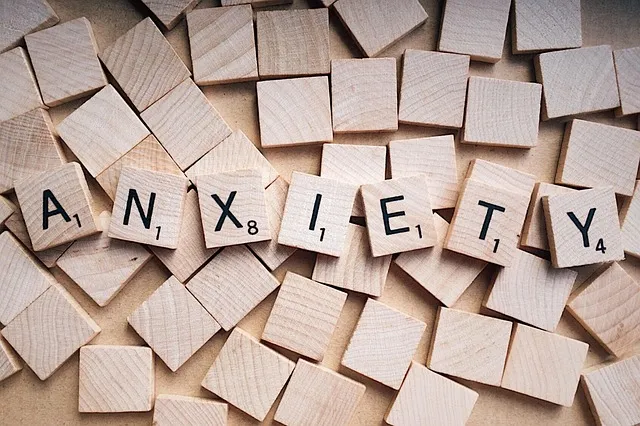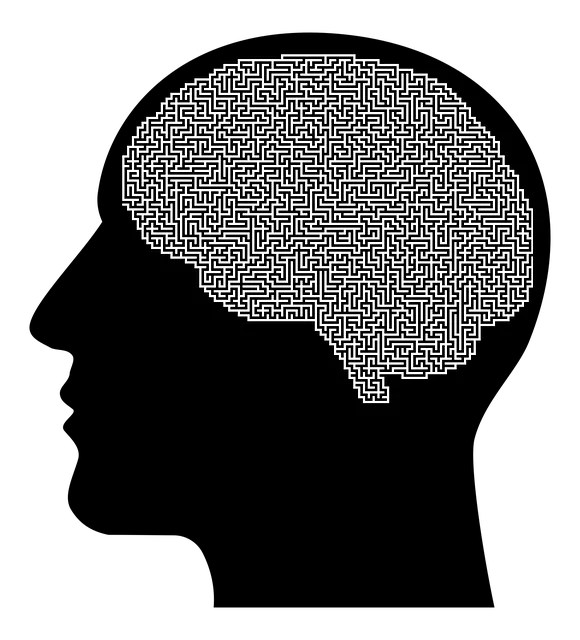In today's diverse healthcare landscape, cultural competency is vital, especially at Kaiser Permanente mental health centers in Castle Rock, serving a heterogeneous patient base. Effective care requires understanding and respecting different cultural beliefs, values, and practices. By adapting to these differences, providers can address physical and mental health challenges better, conduct thorough risk assessments, and tailor interventions to avoid harm or miscommunication. Kaiser Permanente's Castle Rock mental health center excels in cultural competency training through specialized programs like Crisis Intervention Guidance, Social Skills Training, and Risk Management Planning. Comprehensive training focuses on building cultural sensitivity, addressing unconscious bias, cross-cultural communication, and culturally tailored care. This fosters inclusive environments, improves patient satisfaction, and enhances outcomes for diverse patients seeking mental health services at these Kaiser Permanente centers in Castle Rock.
In today’s diverse healthcare landscape, cultural competency is a game-changer. Understanding and respecting various cultural backgrounds is essential for delivering quality patient care. This article explores this critical aspect of modern medicine, focusing on Kaiser Permanente’s Castle Rock Mental Health Center as a beacon of excellence. We delve into the impact of cultural biases, present effective training programs, and emphasize how cultural competency builds stronger provider-patient relationships, ultimately enhancing healthcare outcomes at facilities like Kaiser Permanente mental health centers.
- Understanding Cultural Competency in Healthcare: A Necessity in Modern Medicine
- Kaiser Permanente Castle Rock: A Center for Mental Health Excellence
- The Impact of Cultural Biases on Patient Care and Outcomes
- Training Programs: Equipping Healthcare Providers with Cultural Sensitivity Tools
- Building Bridge: Enhancing Provider-Patient Relationships through Cultural Competency
Understanding Cultural Competency in Healthcare: A Necessity in Modern Medicine

In today’s diverse healthcare landscape, cultural competency is no longer an optional skill for medical professionals; it’s a necessity. This concept involves understanding and respecting different cultural beliefs, values, and practices within the context of healthcare services. With organizations like Kaiser Permanente mental health centers in Castle Rock serving a wide range of patients from various backgrounds, cultural competency training becomes instrumental in ensuring effective patient care. By recognizing cultural differences, healthcare providers can adapt their approaches to better address not just physical needs but also the unique mental health challenges faced by each individual.
For instance, what may be considered normal stress management techniques in one culture could differ greatly from another’s approach to mood management or anxiety relief. Training in cultural competency equips mental health professionals with the ability to conduct thorough risk assessments, tailoring interventions to avoid potential harm or miscommunication. This is especially crucial given the growing awareness of the impact of systemic issues on mental well-being, requiring a nuanced understanding of diverse communities and their specific needs, including those related to anxiety relief and mood management.
Kaiser Permanente Castle Rock: A Center for Mental Health Excellence

Kaiser Permanente Castle Rock stands as a beacon of excellence in mental health care. This specialized center is dedicated to providing comprehensive services and training for healthcare professionals, focusing on cultural competency. Here, mental health experts receive crucial education and support to navigate diverse patient populations effectively. The center offers tailored programs that address the unique challenges faced by mental health providers, ensuring they are equipped with the necessary tools to deliver compassionate and culturally sensitive care.
One of its notable initiatives is the Crisis Intervention Guidance program, designed to enhance professionals’ ability to handle critical situations. Additionally, Social Skills Training equips them with communication strategies for better patient engagement. Furthermore, Risk Management Planning for Mental Health Professionals is a vital aspect, guiding practitioners in managing potential risks and ensuring patient safety within a supportive environment.
The Impact of Cultural Biases on Patient Care and Outcomes

Cultural biases among healthcare providers can significantly impact patient care and outcomes, particularly in diverse communities like those served by a Kaiser Permanente mental health center in Castle Rock. Biases, whether conscious or unconscious, can lead to misdiagnoses, inappropriate treatments, and a lack of culturally sensitive support for patients’ mental health needs. For example, a provider’s preconceived notions about certain cultural practices or beliefs might prevent them from accurately assessing symptoms related to anxiety or stress. This could result in delayed treatment or inadequate care plans, affecting patient outcomes negatively.
At the Kaiser Permanente Castle Rock mental health center, efforts are underway to address these issues through comprehensive training programs aimed at enhancing cultural competency. Such initiatives include Anxiety Relief and Stress Management Workshops organized by the organization to foster positive thinking and equip providers with tools to navigate cultural nuances effectively. By promoting a more inclusive and understanding environment, these training sessions contribute to improved patient satisfaction and overall well-being.
Training Programs: Equipping Healthcare Providers with Cultural Sensitivity Tools

Healthcare provider cultural competency training equips professionals with essential tools to navigate diverse patient populations effectively. At Kaiser Permanente mental health centers, like the one in Castle Rock, comprehensive training programs prioritize building cultural sensitivity and understanding. These initiatives often include workshops that delve into topics such as unconscious bias, communication strategies for cross-cultural interactions, and best practices for delivering culturally tailored care.
Participants gain practical skills in positive thinking, depression prevention, and social skills training to foster inclusive environments. By integrating these learning experiences, healthcare providers enhance their ability to connect with patients from various cultural backgrounds, ensuring that every individual receives respectful, compassionate, and effective treatment.
Building Bridge: Enhancing Provider-Patient Relationships through Cultural Competency

Cultural competency training plays a pivotal role in bridging the gap between healthcare providers and diverse patient populations, especially within communities like Castle Rock where Kaiser Permanente mental health centers serve individuals from various cultural backgrounds. By fostering an environment of understanding and respect, these programs empower providers to deliver more personalized and effective care.
This approach is particularly crucial when addressing mental health issues, which often intersect with cultural identities. Through enhanced cultural competency, healthcare professionals at the Castle Rock Kaiser Permanente can better recognize and combat stigma associated with mental illness, creating a safe and supportive space for patients to seek help. Such training also equips providers with tools to improve communication, build trust, and offer tailored interventions that consider unique cultural perspectives, ultimately leading to improved patient outcomes, increased satisfaction, and enhanced confidence in seeking mental health services.
Cultural competency training is a vital step towards enhancing patient care, especially in diverse communities. As evidenced by the success of Kaiser Permanente’s mental health center in Castle Rock, investing in education that reduces cultural biases can significantly improve healthcare outcomes. By equipping providers with tools to navigate complex cultural landscapes, we foster stronger provider-patient relationships and create a more inclusive healthcare system. This approach ensures that every patient receives respectful, culturally sensitive care, ultimately reflecting the diverse communities we serve.






